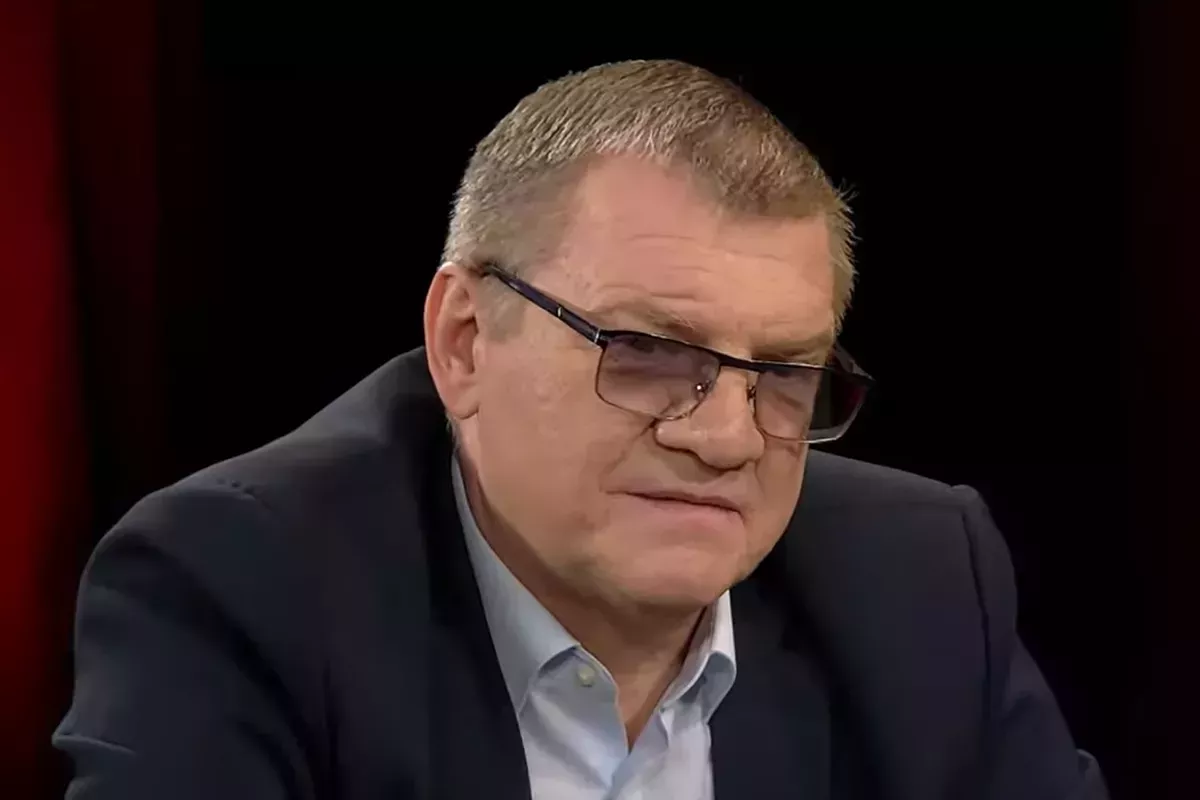From agriculture to tech: Azerbaijan–Belarus relations enter new phase Expert opinions on Caliber.Az
Relations between Baku and Minsk have never depended on external political circumstances and have been steadily developing. Belarusian President Alexander Lukashenko has always spoken warmly of Azerbaijan and consistently supported our country’s positions on the international stage, including during the most critical moments, such as the 44-day war in the autumn of 2020.
The strong ties between Belarus and Azerbaijan are vividly reflected in mutual visits by high-ranking officials of the two countries. For example, on October 28, Belarusian Deputy Prime Minister Natalia Petkevich will arrive in Azerbaijan, as reported by Irina Ivanova, Deputy Director General for Foreign Economic Relations of the Belarusian Chamber of Commerce and Industry. She noted that the purpose of the Belarusian deputy prime minister’s visit is to participate in the next meeting of the Azerbaijan–Belarus intergovernmental commission.
"During the meeting, new documents will be signed. This will give an additional boost to the development of bilateral cooperation," Ivanova emphasised.
What is the aim of this new phase in Azerbaijan–Belarus relations? Which documents might be signed in Baku? Caliber.Az asked Belarusian political analysts to share their views on these questions.
Military-political analyst Alexander Tikhansky believes that, given the format of the intergovernmental commission meeting and the general trends in bilateral relations, the focus can be expected to cover a number of key areas.

"At a minimum, this involves trade and investment: increasing trade turnover, joint projects in industry and processing, support for mutual investment projects, and the creation of joint ventures. Almost certainly, it also includes mutual cooperation in mechanical engineering and the agro-industrial sector: Belarus supplying agricultural machinery, equipment, and machines to Azerbaijan, and Azerbaijan providing technological solutions in energy, construction, and transport to Belarus.
Another important area is IT and the digital economy, including joint projects in information technology, digital transformation of public services, information security, and the exchange of expertise in software development. Additionally, there is energy and infrastructure, where cooperation is possible in energy efficiency, transport logistics, and the construction and modernisation of infrastructure facilities. I would also highlight the humanitarian sphere, where student and staff exchange programs, joint research projects, and cultural and educational initiatives are proving highly effective. Most likely, discussions may also cover the optimisation of customs procedures between the two countries—for example, standardisation, simplification of regulations and processes, harmonisation of standards, and cooperation in phytosanitary and sanitary matters," said Tikhansky.
According to him, such meetings are usually accompanied by the signing of a number of documents and agreements.
"As a documentary framework, the meeting in Baku may see the adoption of a protocol on expanding cooperation and an interaction strategy for the coming years (a public declaration of intent and a roadmap), a programme document (cooperation plan) for 2–4 years covering key sectors—trade, mechanical engineering, agriculture, IT, and energy—and memoranda of understanding (MoUs) in specific sectors: industrial cooperation, agriculture, IT and innovation, science and education. Potentially, contracts or project-specific roadmaps may also be signed, such as for joint ventures, municipal or regional projects, and technology exchanges. In addition, one can reasonably expect agreements in the humanitarian, educational, and cultural spheres, such as those I mentioned earlier—student exchanges, research projects, and cultural cooperation.
Moreover, the personal rapport established between the heads of the two states undoubtedly facilitates contacts and accelerates the coordination of political and economic frameworks, especially when compromises and long-term commitments are required," concluded Tikhansky.

Meanwhile, according to political analyst and economist Sergey Tomits, the time has come for a new, more intensive stage in the development of Azerbaijan–Belarus relations, stemming primarily from the ties forged at the highest level—between Presidents Lukashenko and Aliyev.
"The intensive contacts between Ilham Aliyev and Alexander Lukashenko over the past year—for example, at the CIS leaders’ summit in Dushanbe—undoubtedly laid the groundwork for implementing new large-scale agreements. Military-technical cooperation between Baku and Minsk is actively developing, and it is clear that economic ties also require adjustments and new roadmaps. This is further enabled by the period of peace and constructive dialogue that has emerged between Baku and Yerevan following the agreements signed in Washington.
Overall, Belarus, with its strong agricultural sector, is interested in investing in various projects and creating joint ventures in Karabakh—an area where Minsk can demonstrate its strengths and gain significant advantages. I believe that the participation of both the Belarusian private and public sectors in the development of this region will become one of the main topics at the meeting of the Azerbaijan–Belarus intergovernmental commission in Baku. For the Belarusian economy, the Karabakh region—with its remarkable resources and combination of plains and mountainous climates—is extremely interesting and promising, offering great potential for cultivating agricultural crops and developing ‘green’ energy," said Tomits.








